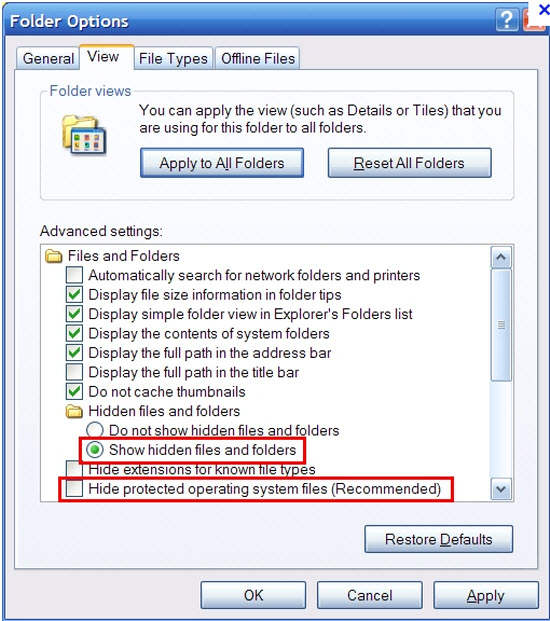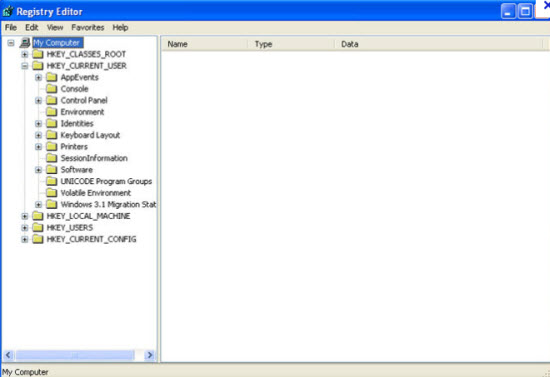Are you annoyed by Trojan horse Trojan:Win64/sirefef.AF virus? This Trojan every 5 minute but my anti-virus can not remove it. How can you remove this virus completely from your computer? This post will show you a best way to remove this Trojan manually.
Trojan horse Trojan:Win64/sirefef.AF is categorized as a new Trojan threat aiming to open a backdoor and distribute another malware infection onto the targeted PC. File-sharing networks, malicious links, and spam email messages are the channel to let this virus access the target computer without any approval. Once infected, you will find that your system is getting to be unstable and runs much slower than normal. In addition, you will also encounter other annoying issues that you can’t get rid of.
In general, the Trojan horse is designed to endanger your computer terribly and compromise your security as well. When you are surfing the web and searching for your favorites, you are just surprised to get numerous unwanted websites out of control. You will also find that desktop image and vital computer settings are randomly changed by this nasty virus. You may even find your computer screen being locked by the AFP Ukash virus. The main threat of the Trojan is in its ability to gather your important information for remote hackers on purpose. In such a case, you need to take action to delete the Trojan virus entirely at a quick time.
Trojan horse Trojan:Win64/sirefef.AF can wreak chaos on your computer by performing the following actions:
1. It will steal confidential information such as user name and passwords without your permission.
2. It will download additional malicious files and update itself to prevent from the detection of antivirus program.
3. It can gather essential data like computer name, operating system version, network setup, and hardware/software details and send to remote hacker.
4. It will notably slow down your PC performance and make you experience blue screen of death, system crash down etc.
1. Show hidden files and folders.
Open Folder Options by clicking the Start button, clicking Control Panel, clicking Appearance and Personalization, and then clicking Folder Options.
Click the View tab.
Under Advanced settings, click Show hidden files and folders, uncheck Hide protected operating system files (Recommended) and then click OK.

2. Open Registry entries. Find out the malicious files and entries and then delete all.
Attention: Always be sure to back up your PC before making any changes.
a. Press the “Start” button and then choose the option “Run”. In the “Open” field, type “regedit” and click the “OK” button.


b. All malicious files and registry entries that should be deleted:
%System%\[NAME OF AN EXISTING DLL]32.dll
%UserProfile%\Application Data\random.exe
HKEY_LOCAL_MACHINE\SOFTWARE\Microsoft\Windows\CurrentVersion\Run “[RANDOM].exe”
HKEY_CURRENT_USER\Software\[RANDOM]
As the above mentioned, we can learn that Trojan horse Trojan:Win64/sirefef.AF virus turns to be a horrific threat to victims’ computers for the virus corrupts the affected computer seriously in many aspects. Once infected, the computer will get slow system performance and file fragmentation problems. Besides, the Trojan redirects your web search results to malicious contents and changes your homepage and computer settings casually. If victims keep the Trojan horse in the affected computer too long, any unexpected damage may occur to the computer. In this situation, victims may try to delete the Trojan via anti-virus software, but they only find that their advanced anti-virus programs are disabled to take effective as usual. Since the antivirus software loses its functions, you are required to handle with the Trojan in a manual way. In such a case, please contact YooCare: PC experts 24/7 online will help you get rid of the stubborn Trojan virus safely and completely..
If you have no idea how to do with that, please to contact experts from Yoocare Online Tech Support for further help.

Published by on January 16, 2013 8:20 am, last updated on May 27, 2013 2:36 am



Leave a Reply
You must be logged in to post a comment.